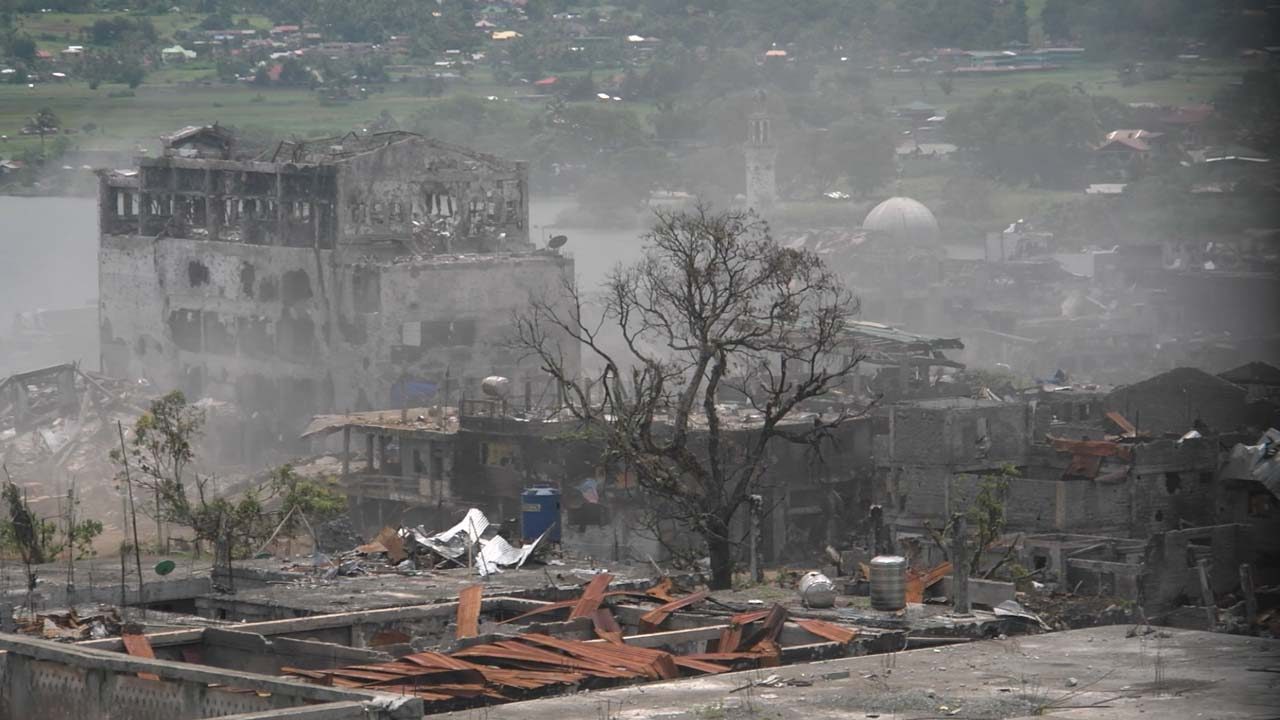SUMMARY
This is AI generated summarization, which may have errors. For context, always refer to the full article.

MANILA, Philippines – The decision of the Philippine government to decline grants from the European Union will not significantly affect Marawi rehabilitation, said an Office of Civil Defense (OCD) official.
“I don’t think it will be a setback,” said OCD Assistant Secretary Kristoffer Purisima on Monday, October 23, during a Malacañang press briefing.
Purisima said the Philippines can turn to other donors for assistance, given that the cost of Marawi rehabilitation will likely run into the billions.
“We will, of course, exhaust all other possibilities, and we’re being also assisted by the World Bank and the Asian Development Bank regarding this,” said Purisima.
Task Force Bangon Marawi’s finance and resourt management sub-committee met on Monday to “discuss the options that we have in terms of donations and in terms of accepting grants.”
In September, Defense Secretary Delfin Lorenzana, who heads the rehabilitation task force, said the EU offered P49 million assistance for Marawi.
In a text to Rappler, Lorenzana said the task force will follow the Department of Foreign Affairs’ decision on whether or not to accept the aid.
Purisima said the priority of the task force is to finish clearing operations, complete the Post-Conflict Needs Assessment, Comprehensive Rehab, and Recovery Plan, and construct transitional shelters.
There is currently P5 billion allotted for relief efforts of the Department of Social Welfare and Development and for the construction of the transitional shelters.
“The goal is to have at least 1,100 transitional shelters by the end of the year, said Purisima. (READ: Gov’t to build 1,000 temporary homes for Marawi evacuees)
The start of construction and rebuilding of permanent structures would likely start in 2018 using the P10 billion National Disaster Risk Reduction and Management Fund, he said.
The government also mulls selling P30 billion in patriotic bonds to finance rehabilitation efforts. – Rappler.com
Add a comment
How does this make you feel?
There are no comments yet. Add your comment to start the conversation.